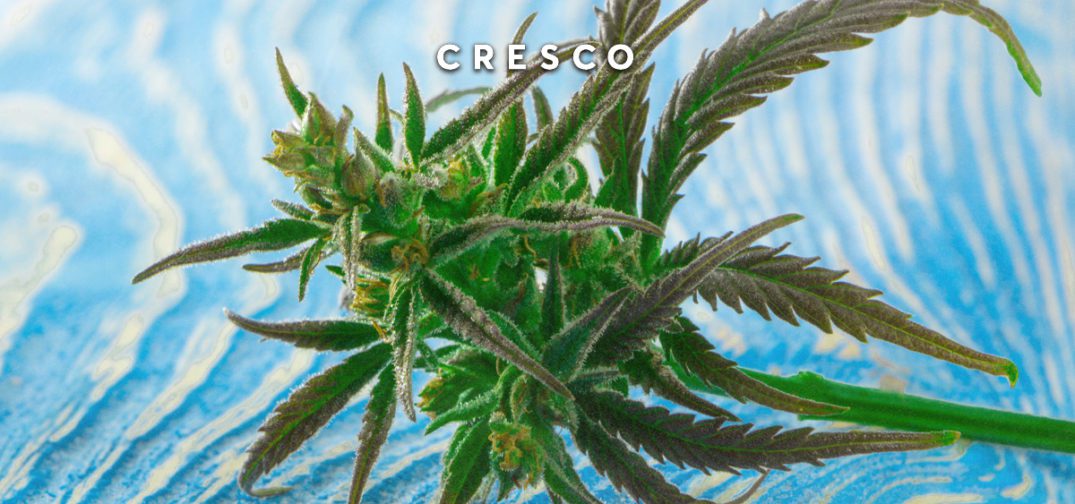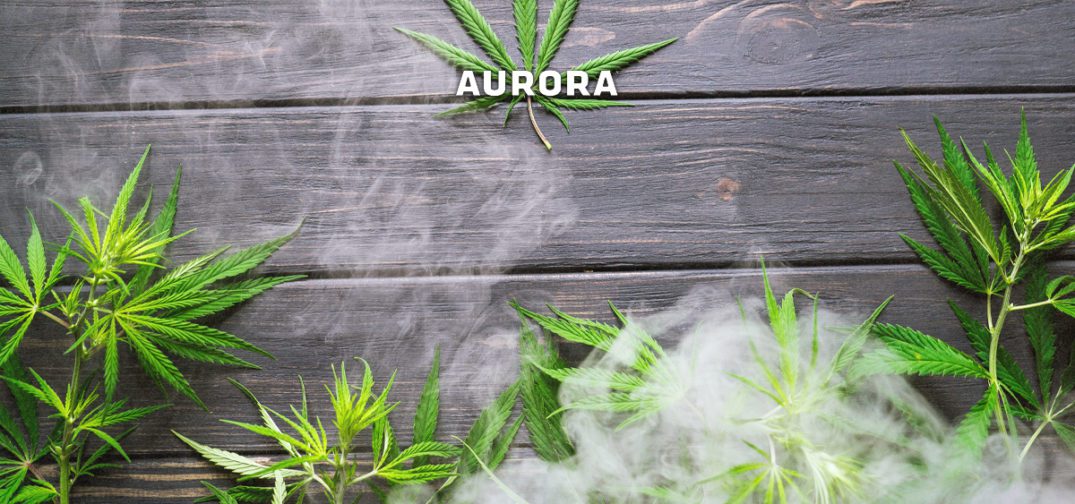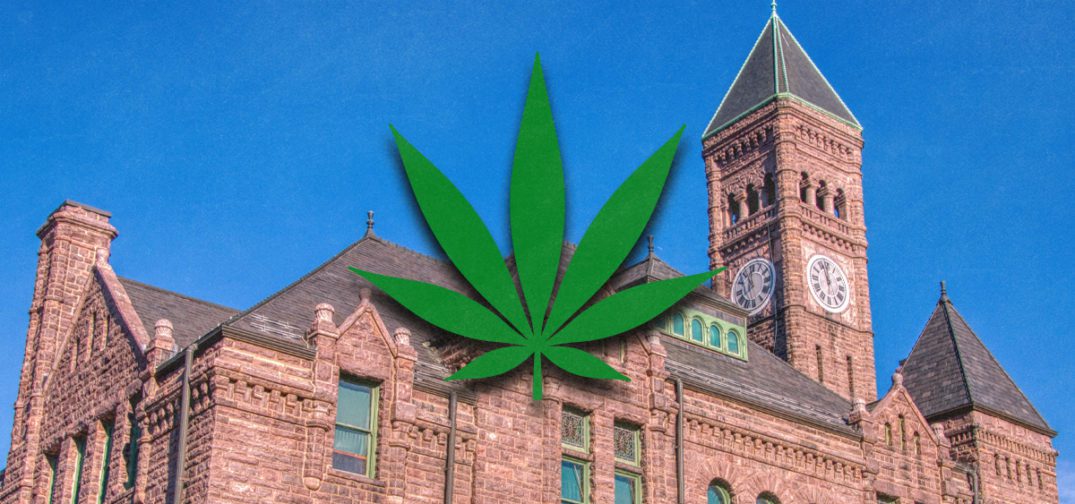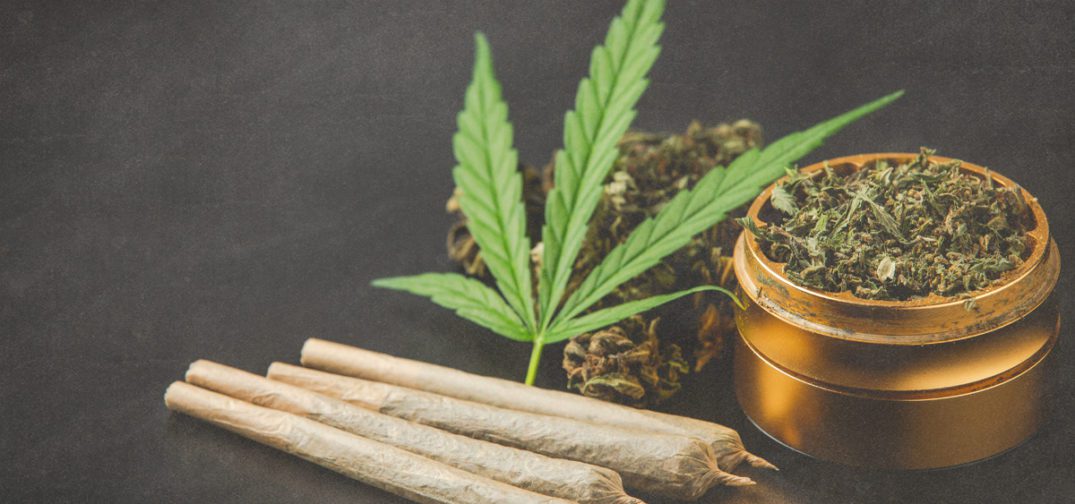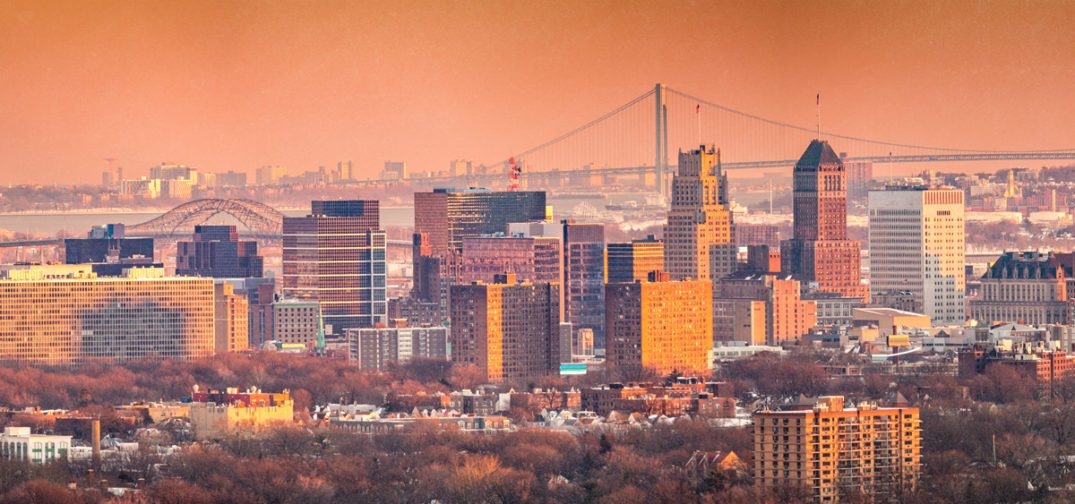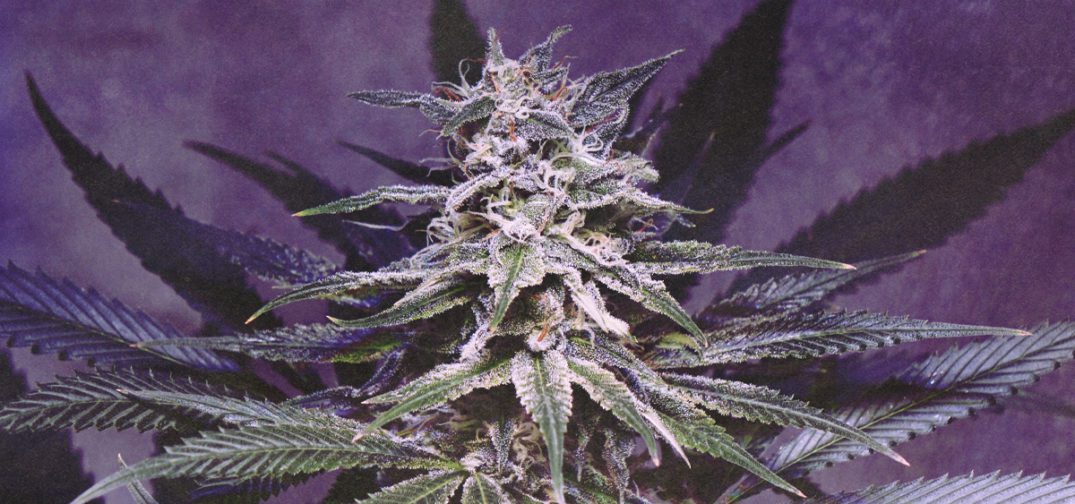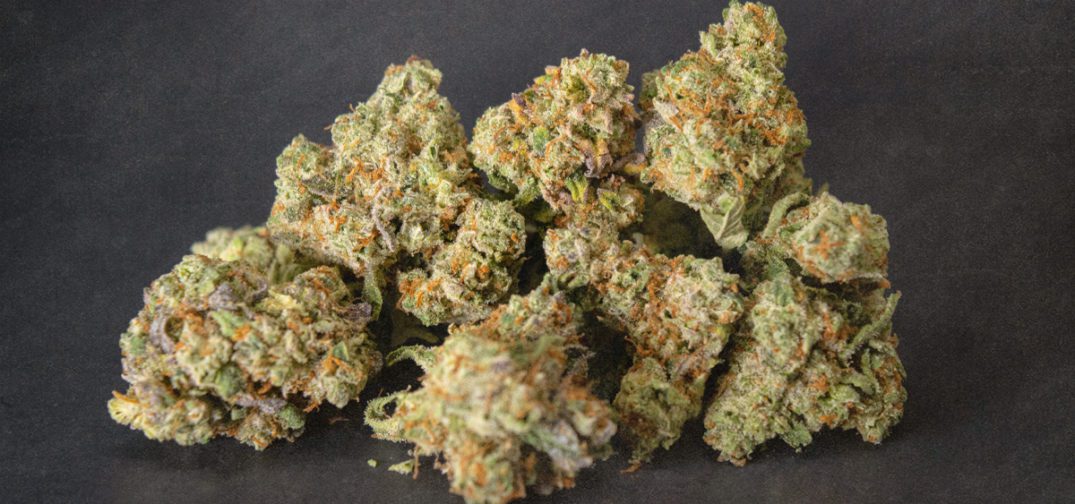Embarc is a family-owned cannabis events company and dispensary chain in California built on a cornerstone of community engagement. Co-founder & CEO Lauren Carpenter started Embarc with her husband Dustin Moore in 2019. They both came from a political background, Lauren in public relations and Dustin in advocacy and policy-making, and together they’ve built a business that gives back directly to the neighborhoods in which they operate. Recently, they’ve expanded the brand into the events space as they work to create turnkey event solutions in California and, eventually, beyond.
Carpenter recently spoke with Ganjapreneur for a conversation that continually turned back to the importance of community engagement. It all starts, according to Carpenter, with establishing relationships with local leaders before applying for a license there. Carpenter’s first steps are to visit the neighborhood and meet with pastors, the Chamber of Commerce, educators, and other pillars of the community to gauge their interest about and/or possible reactions to a cannabis store opening down the street. These conversations have served as a listening tour where they could identify neighborhood leaders and were pivotal to building successful brands in each unique area.
Embarc donates 1% of all gross sales to their local neighborhood and these donations are distributed by the Community Advisory Board, which the company creates with the help of neighborhood leaders. Donations are unrestricted so the Board can be responsive to community needs and move funds quickly as necessary.
To Carpenter, the Board holds Embarc accountable for its promises. A lot of cannabis companies have made empty promises to communities in order to acquire merit-based licenses and Embarc has no desire to fall into that category. “We know there’s a lot of tokenism in cannabis,” said Carpenter. “We know corporate social responsibility has become a buzzword. On the one hand that’s not a bad thing, it’s good, it’s important that many companies are grappling with how to be more responsive to the communities they serve and responsible as operators. For us, as we look to what that responsibility looks like, the most important component in that was the accountability piece.”
Embarc builds successful retail stores by establishing roots in a community — now they’re doing the same in the cannabis events space. Embarc Events was the concessionaire at Grass Lands for Outside Lands 2021. This experience was especially important for Carpenter, who sees the integration of cannabis into mainstream events as the ultimate goal. “It’s important to me to continue this work because I view events, and specifically the integration of cannabis into ‘traditional’ events, as destigmatization at scale,” she said. “Each time cannabis can be sold responsibly to the masses at an event, it helps us in this ultimate goal of shifting perception.”
California’s Proposition 64, which legalized cannabis for adult use in the state, was the first regulatory effort to create pathways to licensed sale and consumption at events. Considering the industry’s dual licensure requirements — meaning businesses must be licensed at the state and local levels — Carpenter and her team still engage with local jurisdictions and communities to suggest or develop localized event regulations. The process of opening the door for licensed event sales is ongoing but working Outside Lands proved to be a space to meet with regulators in real-time. There were multiple regulators at the event overseeing sales and operations which at first made Carpenter nervous, but she soon realized that they had a great opportunity. It proved the perfect space to show regulators where the pain points were in cannabis operations and, hopefully, inform future policy that would relieve these issues.
Carpenter also frequently looks to engage with traditional nightlife businesses about introducing cannabis. She was part of a recent panel covering cannabis in traditional nightlife spaces and noted that these business owners want to understand how cannabis fits in their business model but they don’t know where to start. Selling cannabis around alcohol evokes fear in the traditional events space, but Carpenter believes events like Grass Lands 2021 prove there is nothing to be afraid of. Nightlife executives can look at successful cannabis integration at events like Outside Lands and see that cannabis events can be safe, fun, and generate revenue.
“This is really a new frontier as well, that you can have cannabis in an event,” said Carpenter. “In many ways, (conversations with event companies and venues are) an educational process on the multiple ways that cannabis will be beneficial to the event. We see no violent incidents in cannabis events, we see no calls for outside service because of massive medical incidents, we see grounds that are left cleaner than when we arrive. In many ways, we’re kind of at the tip of the spear on that, so our model must be adaptive to each jurisdiction or venue. There is no one-size-fits-all even today that we can integrate cannabis into.”
Embarc Events is studying the challenges of hosting licensed cannabis events in California and hopes to one day bring these solutions to other states. But there is not currently a universal solution. Policy development is ongoing around the country, so Embarc is doing critical work as they attempt to inform both local and state governments about what successful implementation looks like, starting in California. They have developed a few event models but view incorporation into different “traditional” events, venues, and audiences as the ultimate goal.
This year, Embarc will be moving into some new retail locations and Embarc Events will continue its mission of bringing cannabis into more spaces. For example, after noticing issues with Wifi and POS systems at Grass Lands, Embarc is developing its own software to support cannabis sales at large-scale events. They’re also assessing the challenges of developing and executing cannabis events in other states, and could be pursuing other markets in the future. But above all else, Embarc will continue pursuing net positive growth through conscientious community engagement.
“Ultimately, cannabis can play a meaningful role in one’s life – from addressing sleep and anxiety to helping folks have more fun,” Carpenter concluded, ”It’s thrilling to be part of facilitating that enjoyment, especially after a few years trapped inside, and we’re proud to be able to play a role in pushing for normalization.”
